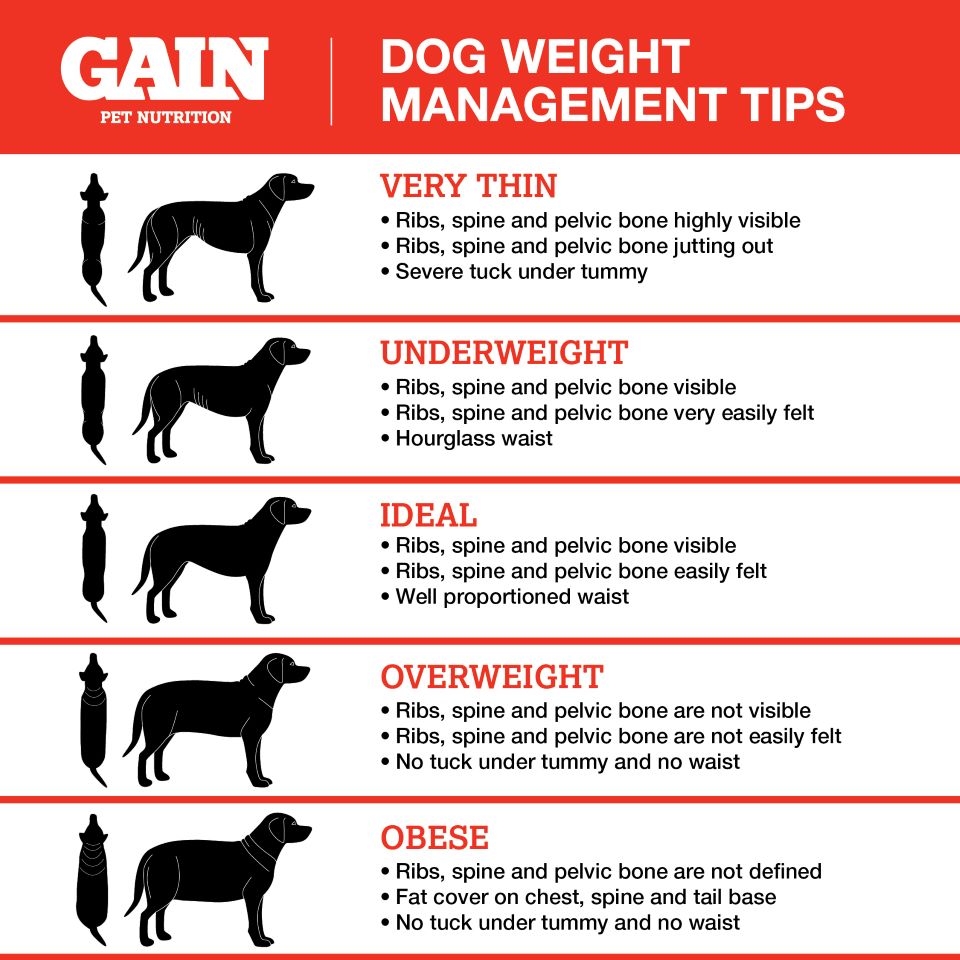
Pet Weight Management: Tips for Maintaining a Healthy Weight for Your Pets
Estimated reading time: 10 minutes
Key Takeaways
-
- Monitor your pet’s weight regularly to prevent obesity-related health issues.
-
- Feed high-quality, nutrient-rich food appropriate for your pet’s life stage.
-
- Ensure daily exercise tailored to your pet’s breed and energy level.
-
- Use low-calorie treats in moderation to avoid excessive calorie intake.
- Consult your veterinarian regularly for professional guidance.
Table of contents
Is your furry friend at a healthy weight? Maintaining an ideal weight is crucial for their overall well-being, preventing issues like diabetes and joint problems. Obesity in pets poses significant risks, including reduced mobility, shorter lifespans, and a higher likelihood of developing serious health conditions. As a responsible pet owner, it’s essential to prioritize your pet’s weight management through proper nutrition, regular exercise, and consistent monitoring. This blog post delves into actionable strategies tailored for both dogs and cats, focusing on diet, exercise, and monitoring to ensure your pet maintains a healthy weight.
1. Understanding a Healthy Weight for Pets
Determining a healthy weight for your pet involves understanding factors such as breed, age, size, and activity level. A Body Condition Score (BCS) system, ranging from emaciated to obese, can help you assess your pet’s body condition at home. Regular weigh-ins and consultations with your vet are crucial for creating a tailored weight plan. By understanding your pet’s ideal weight, you can take proactive steps to manage their weight effectively.
Keywords: Healthy weight for dogs, How to help overweight cats lose weight.
Research Sources:
– FDA
– Pet Food Institute
2. The Role of Diet in Pet Weight Management
Diet plays a pivotal role in pet weight management. Feeding high-quality, nutrient-rich pet food formulated for your pet’s life stage is essential. Reading food labels ensures you’re providing appropriate nutrients while managing calorie intake. Portion control is critical, and incorporating low-calorie, high-fiber foods can promote satiety. Therapeutic diets recommended by veterinarians can also support weight loss. For more on crafting healthy diets, visit our guide: Pet Nutrition 101: Crafting Healthy Diets for Dogs and Cats.
Keywords: Low-calorie treats for pets, How to help overweight cats lose weight.
Research Sources:
– Cornell University
– FDA
3. Low-Calorie Treats for Pets
Incorporating low-calorie treats into your pet’s diet can be both rewarding and healthy. Options like baby carrots, green beans, and air-dried liver are nutritious and low in calories. Treats should make up no more than 10% of your pet’s daily caloric intake. DIY treats such as sweet potato chews and yogurt drops are also excellent choices. If you’re considering adding sauerkraut to your dog’s diet, check out: Can Dogs Eat Sauerkraut?.
Keywords: Low-calorie treats for pets, Healthy weight for dogs.
Research Sources:
– Pet Obesity Prevention
– Southern Kern Vet
4. Exercise for Pet Weight Management
Regular exercise is a cornerstone of pet weight management. It not only supports physical health but also mental well-being and metabolism. Dogs benefit from activities like walks, fetch, and agility training, while cats can engage in play with interactive toys or climbing structures. Consistency and gradual increases in exercise intensity are key to avoiding strain, especially in overweight pets. For a comprehensive guide to keeping your pets active, visit: Your Ultimate Guide to Pet Fitness: Keeping Dogs and Cats Happy & Healthy.
Keywords: How to help overweight cats lose weight, Healthy weight for dogs.
Research Sources:
– FDA
– Cornell University
5. How to Help Overweight Cats Lose Weight
Assisting overweight cats in losing weight requires careful strategies. Gradual dietary changes and increased playtime with toys like feather wands and laser pointers can help. It’s vital to avoid health complications such as hepatic lipidosis by working closely with your vet. Patience and professional guidance are essential for safe and effective weight loss. Learn more about healthy diets for cats in our post: Pet Nutrition 101: Crafting Healthy Diets for Dogs and Cats.
Keywords: How to help overweight cats lose weight, Low-calorie treats for pets.
Research Sources:
– AVMA
– Southern Kern Vet
6. Monitoring Progress and Adjusting Strategies
Regular monitoring is integral to successful pet weight management. Track your pet’s weight and body condition, adjusting feeding and exercise plans as needed. Scheduling biannual vet check-ups ensures any health issues are promptly identified and addressed. Consistent monitoring helps maintain your pet’s healthy weight over time. For tips on maintaining health in senior pets, consider reading: Senior Pet Care: Essential Guide for Aging Dogs and Cats.
Keywords: Pet weight management, Healthy weight for dogs.
Research Sources:
– Pet Obesity Prevention
– FDA
7. Avoiding Common Mistakes in Pet Weight Management
Common mistakes in pet weight management include overfeeding, inconsistent exercise, and ignoring treat calories. To avoid these, use precise portion measurements, establish regular exercise routines, and integrate treats into your pet’s calorie count. Ensuring all household members adhere to the pet’s weight plan is crucial for success. For insights into safe dietary options, explore: Can Dogs Drink Almond Milk?.
Keywords: Pet weight management, Low-calorie treats for pets.
Research Sources:
– Cornell University
– Pet Obesity Prevention
Conclusion
Maintaining a healthy weight is essential for your pet’s well-being and quality of life. By combining a balanced diet, regular exercise, and consistent monitoring, you can help your pet achieve and sustain an ideal weight. Proactive weight management reduces the risk of serious health issues, enriching your pet’s life. Start implementing these tips today for a healthier, happier pet.
Keywords: Healthy weight for dogs, How to help overweight cats lose weight, Low-calorie treats for pets.
FAQ
What is the best way to determine if my pet is overweight?
The best way to determine if your pet is overweight is by using the Body Condition Score (BCS) system, which assesses your pet’s body condition from emaciated to obese and helps identify their ideal weight. Regular weigh-ins and vet consultations are also crucial for an accurate assessment.
Can I feed my pet a homemade diet for weight management?
Yes, but it’s essential to consult with your veterinarian to ensure the homemade diet is balanced and meets your pet’s nutritional needs. A well-formulated homemade diet can be beneficial for weight management when done correctly.
How often should I exercise my pet?
The frequency and duration of exercise depend on your pet’s breed, age, and health conditions. Dogs typically need at least 1-2 hours of exercise daily, while cats benefit from shorter, more frequent play sessions, such as 15-20 minutes twice a day. Always consult your vet for a customized exercise plan.
